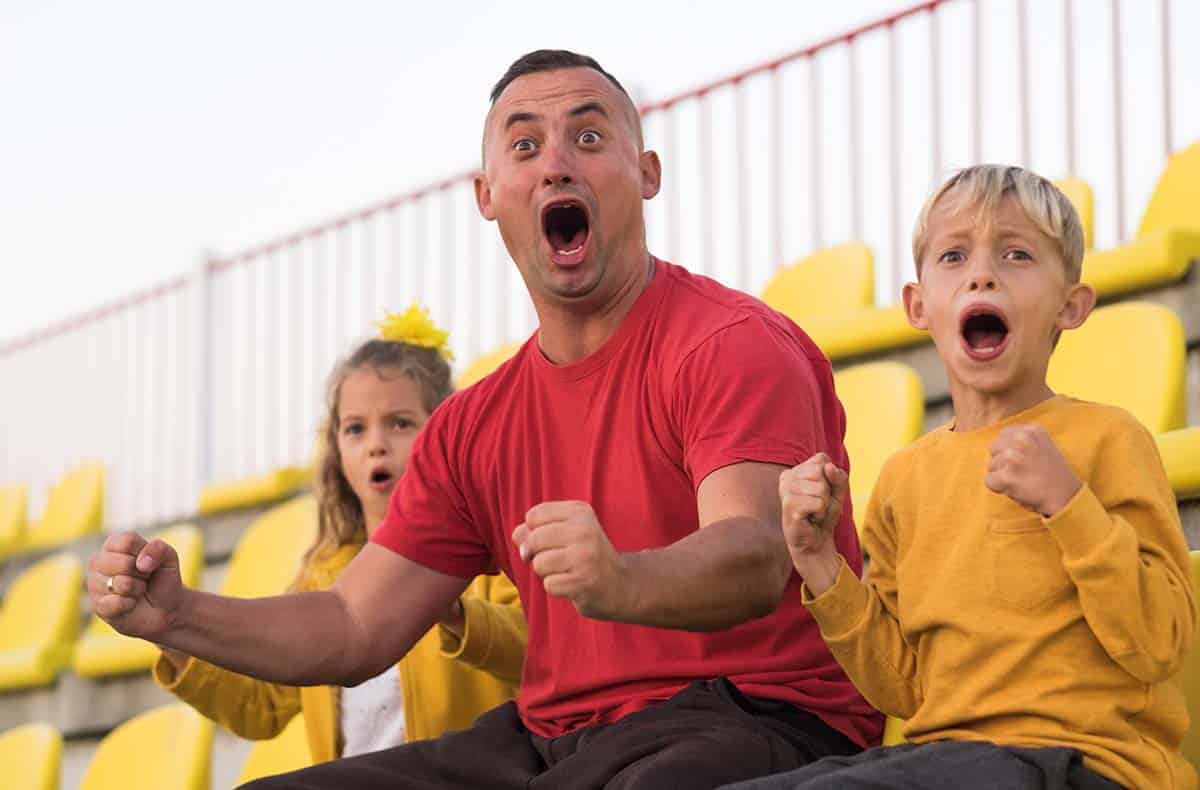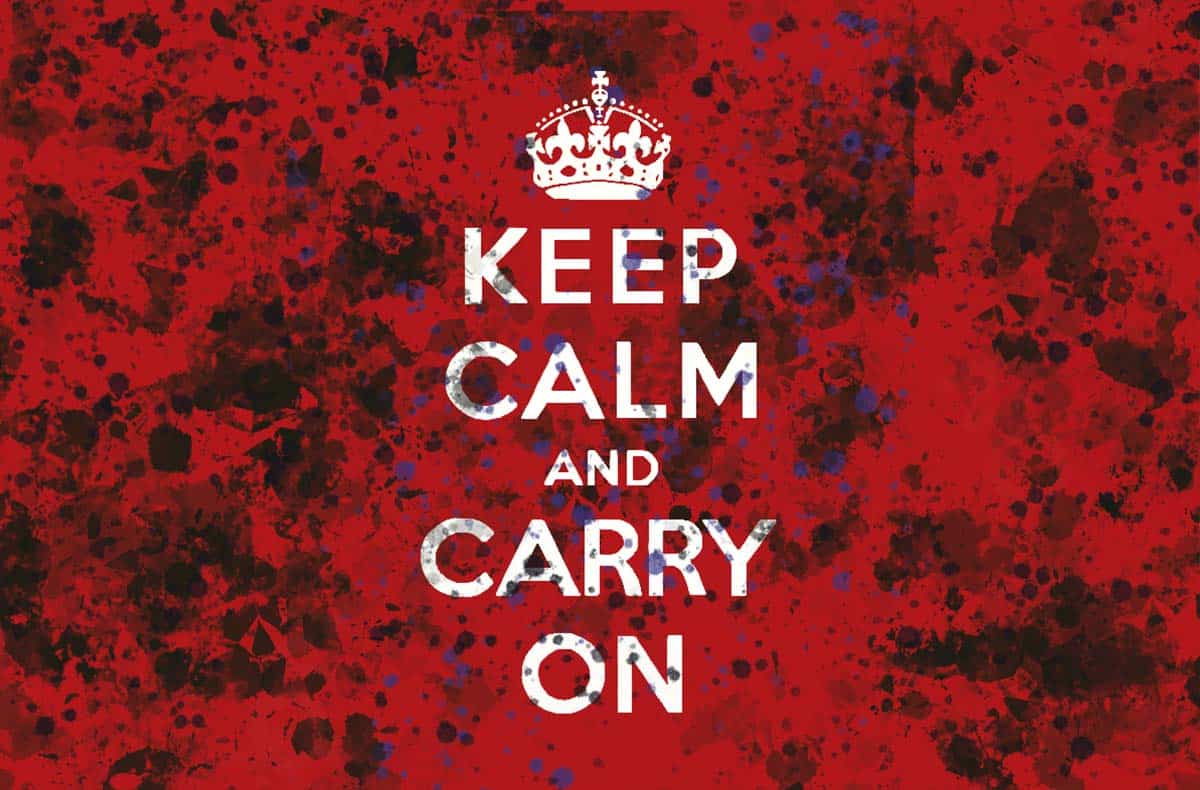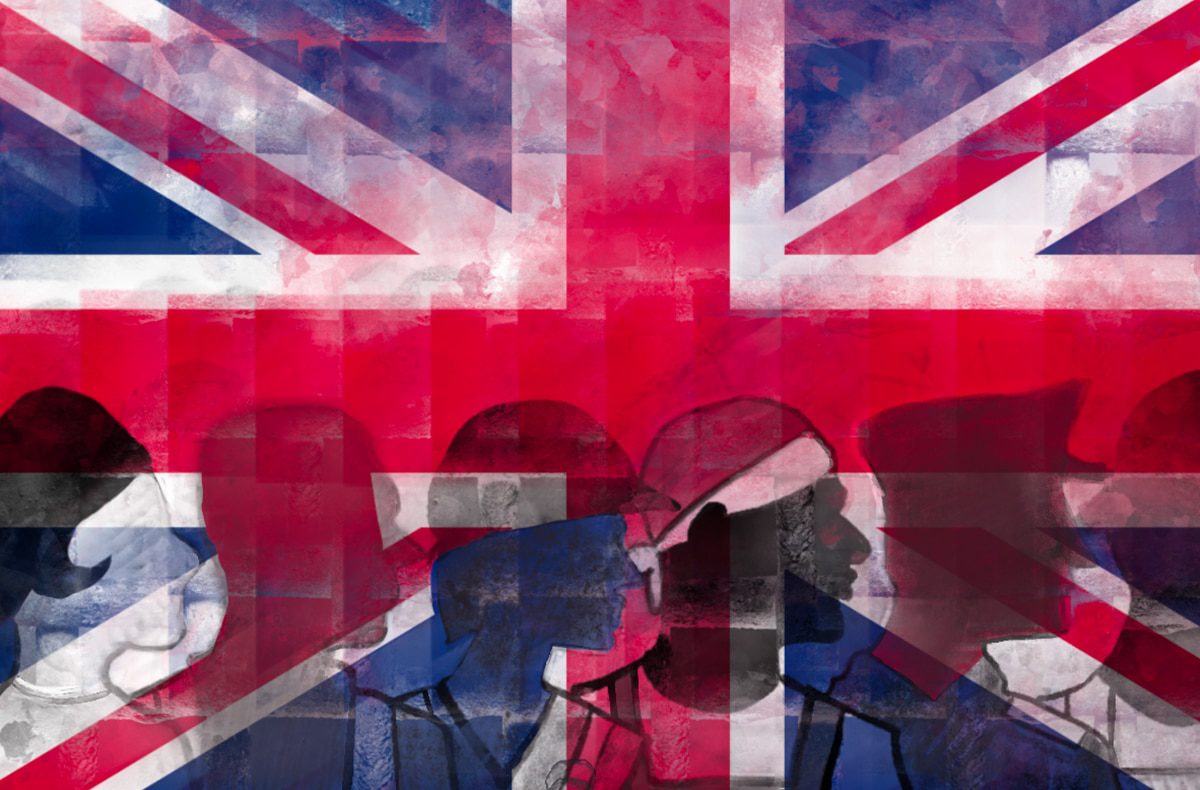
One viral video above all makes the point perfectly.
It depicts a shot on goal in an under-eights football match. As the ball comes in, a father standing beside the post gives the pint-sized goalkeeper a shove. He tumbles across the goalmouth, inadvertently making a spectacular save. It’s funny because it’s true. From soccer to American football, from baseball to basketball, pushy parents are a perennial problem.
This month, Britain’s Merseyside Youth Football League cancelled all fixtures for a weekend after “multiple incidents of inappropriate and threatening behaviour” from parents towards officials. A League spokesperson said that “drastic action” was necessary after discussions with committee members and match officials. One under-nine player said: “People were shouting at the manager because they didn’t do what they thought was right for the team. It was a bit scary, to be honest.”
What’s with these overbearing parents? Before COVID put an end to it, my children used to play squash at a local club. Some of the mothers and fathers—mainly fathers, I recall—acted like professional coaches, psyching up their tiny athletes and bellowing instructions during games. On one occasion, my son was locked in a court battle with a boy from his school. They must have been about ten years old. Eventually, my son won. The other boy hurled his racquet against the wall, stormed off the court, and stalked all the way out of the building. He was later found at home. He never played squash again.
As it turned out, his parents were squash fanatics. Indeed, his mother was on track to be a professional player before a tragic accident left her unable to play. So it is, I think, with many parents: they live out their frustrated ambitions through their children, loading unbearable pressure on their shoulders in the process. The boy’s sister, however, reacted to parental expectations in a different way. Last time I checked, she was equally as fanatical about the sport as her mother, and well on the way to becoming regional champion. During lockdown, her parents set up a squash wall at home so she could continue to train. Off the court, she is very quiet and serious.
Now, it is possible to mount a defence of this. Look at the Wimbledon tennis winners, for example. Pretty much all of them have been driven by their parents from an early age, with their lives entirely centred around the game. Often their parents were players themselves. Without that parental, er, encouragement, it is unlikely they would ever achieve excellence. They might not be balanced or happy, but they are hugely successful sportspeople, rolling in cash and silverware. It is a trade-off that many would make.
Yet I still find it hard to stomach. Back in 2012, in the run-up to the London Olympics, I was sent by the Telegraph newspaper, where I worked at the time, to write a feature about fencing. I enjoyed it a lot—although you are fully padded, with your face protected by a wire mask, the adrenaline-rush evoked by the sight of an opponent with a blade is primordial—but what sticks in my mind is the children I saw at training.
One of them threw a gigantic tantrum after losing. The coach turned to me and said, that boy has what it takes to be an Olympic champion. If they care enough to collapse into rage and tears, they have the passion. It just needs to be channelled.
From where does this intensely competitive temperament come if not from the parents? The Chinese have worked this one out. I used to live in Taiwan, and I vividly remember a teenage student who was being taught English by my friend. She was a top pianist. She rose at dawn to practice before school and played for many hours after school as well, in addition to the extra English and maths tutoring laid on by her parents. She was very shy and retiring and her skin had a strange, greyish tinge. I saw her in concert once and her playing was technically perfect but rather robotic in its expression.
Tiger mothers are what they call them. Tiger parents. Perhaps misery is a price worth paying for achievement. I tend to feel, however, that balance is its own reward. And you know what happened at the end of that viral video? The ball bounces off the hapless goalie and back into play, before one of the strikers slots it into the back of the net.



